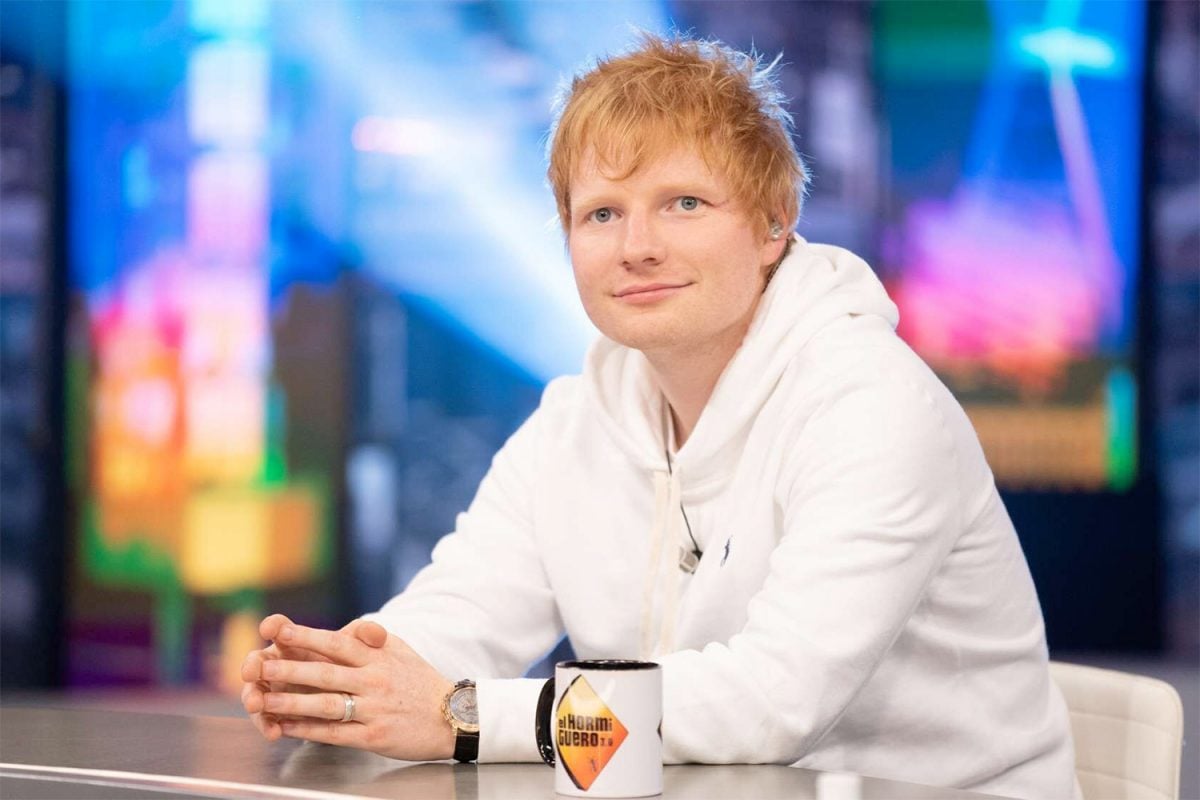Ed Sheeran To Stand Trial Over Piracy Claims For Marvin Gaye’s ‘Lets Get It On’

British pop singer Ed Sheeran has been ordered to stand trial in the US over claims his hit song Thinking Out Loud pirated Marvin Gaye’s Let’s Get It On, a track whose beat was also sampled in a remix of Shaggy’s megahit song, Mr. Bombastic in 1996.
Sheeran’s lawsuit comes six months after he was cleared of copying his Dancehall-infused pop song Shape Of You at a trial in London.
It also comes three months after the British pop singer teamed up with Ishawna for the Dancehall collab Brace It, which was co-produced by produced by Skatta Burrell, Don Corleon’ Bennett and Ishawna under her Legendary Records label.
The allegations in the Marvin Gaye case are that Sheeran and his co-writer Amy Wadge “copied and exploited, without authorisation or credit Lets Get it on, including but not limited to the melody, rhythms, harmonies, drums, bass line, backing chorus, tempo, syncopation and looping”.
According to a BBC report, a judge denied Sheeran’s bid to dismiss the case, ruling instead, that saying a jury should decide on the similarities between his song and that of the late Motown singer/songwriter’s.
However, Sheeran has insisted that the copyright claims were baseless, and “way too common”.
According to the BBC report, the claim over Thinking Out Loud was originally lodged in 2018, by investment banker David Pullman and a company called Structured Asset Sales (SAS), which has acquired a portion of Ed Townsend, the co-writer of Let’s Get It On, and not by the family of Gaye.
Gaye, who was dubbed The Prince of Motown, was shot and killed by his father in April 1984, the eve of his 45th birthday, at their Los Angeles home after an argument.
The suit against Sheeran, which is one of two being filed by SAS, is seeking US$100m of £90 million in damages.
The BBC said that on Thursday, US District Judge Louis Stanton had said that there was a “disagreement between musical experts on both sides of the lawsuit as a reason for ordering the civil trial”.
According to the BBC, the idea of a jury trial is something Sheeran will not desire, as “copyright lawyers have often argued that not only do juries have difficulty understanding the complexities of copyright law, but are not ofay with the reason superficial similarities between two songs “are not necessarily proof of plagiarism”.
The presiding judge, in rejecting Sheeran’s argument that ticket sales weren’t tied to the alleged infringement, has also ruled that jurors must decide whether SAS can include concert revenue in damages. According to the report Sheeran’s 2014-2015 tour grossed $150 million of £135 million.
At the Shape of You trial back in March, Sheeran and his co-writers John McDaid and Steven McCutcheon had faced accusations that a hook on their track had ripped off Oh Why, a 2015 song by Sami Chokri and Ross O’Donoghue.
But a High Court judge had concluded the trio had “neither deliberately nor subconsciously” plagiarised Oh Why, and awarded the Briton and his co-defendants £900,000 in costs.
After winning the case, Sheeran had declared categorized the lawsuit as “baseless” and damaging to the song-writing industry. According to him, there are only a few notes and chords used in pop music and coincidences are “bound to happen” if 60,000 songs amounting to 22 million per year “are being released every day on Spotify” while there are “only 12 notes that are available.”
However, Unlike Shape of you, some music pundits have pointed out that the beat of Sheeran’s song which is currently under scrutiny, distinctly resembles Gaye’s.
“To be fair, Marvin was the first reference I heard on this track…vocally, instrumentally and song structure,” one man said in reference to the BBC report on Facebook, while Dave Harper added: “Let’s face it .. it is virtually the same… there’s being “influenced” then blatantly just ” copying ” it”.
In terms of Shaggy’s Boombastic, it was released as the second single and title track from his third studio album in 1995, before being legitimately remixed by Sting International featuring the Marvin Gaye sample in January 1996. The song peaked at number three on Billboard’s Hot 100.
